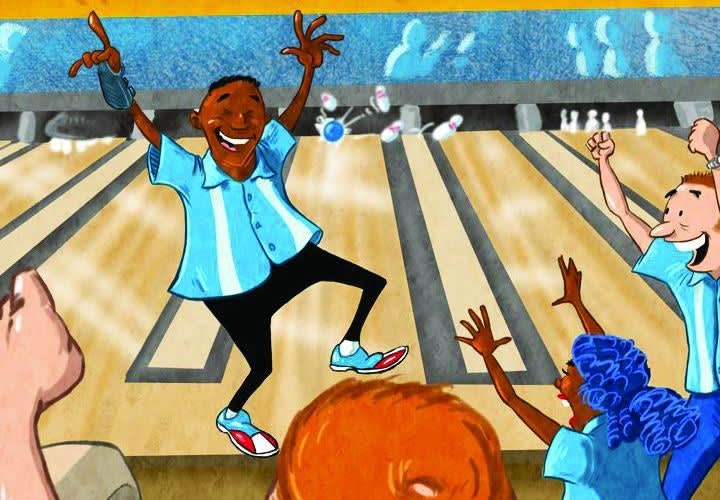I am of the age where I can look back and take stock of my years as an Academy instructor and take the feedback of many of my former cadets, who have now retired as well, and tell you what I wish I'd told them. Instead, they had to learn these things the toughest way possible: by experiencing it firsthand.
1) If you are lucky enough to wear the badge and firearm as a career you will suddenly be making more money than you ever have before. You will be tempted to go and get a house, a spouse, and a new car, and begin your career deeply in debt, and suffer all the associated stresses that go with it.
Understand this: The number one cause of divorce in law enforcement is not dispatchers, it is financial stress. Combine this with the realities detailed below and you will find your life stress greatly increased-unless you take time to learn to budget, control your impulses to buy, and plan for the future financially.
2) Your friendships are going to change from being with mostly civilians to with mostly cops and your attitudes will change along with them. Your family will call you cynical, and you will simply say that you just more clearly see the dark side of human nature.
The fact that you take a gun everywhere you go, on and off duty, will cause your left-wing cousin to say he has never carried a gun anywhere in his whole life and "look at him!" To which you will say, "In law enforcement, you are what we call 'the victim' in our reports."
3) You will need to constantly remind yourself early on to love your God, your family, your country, and what you do for a living, but to NOT love your agency. That is not a healthy relationship; your agency cannot love you back. You give it your honor, your duty, your loyalty, your courage, your strength, and it gives you a paycheck...period.
Unfair? You bet. Life's unfair. Get over it. If you understand this point you will have a long and healthy career and make it to retirement without hating everyone around you.
4) At some point in your career you may find yourself talking about all the things you used to do. Whether its fishing, hunting, softball, camping, biking, climbing, flying, or bowling, these are things known as eustressful activities. Eustress is the opposite of distress, and makes us better, improves our resilience, and makes us healthier.
Believe me, working in a bureaucracy is stressful enough without discontinuing the things that give you the ability to not only cope, but thrive. If you find you can't do what you've always enjoyed, then find something new and do that. You will need this stress relief.
5) If you do get lucky enough to spend a career wearing a badge and gun, you will eventually retire. You must plan for this as if you're changing your whole life, which you are.
When you hang up your badge you will have spent a large portion of your life alongside men and women you consider your brothers and sisters and, suddenly, you will be apart from them. Oh, they'll still be your friends but it will be different. One day you will call the department and the person answering the phone won't know who you are, and wham! you will feel very alienated. You must prepare for that separation and determine what it is you want to do when you "grow up."
One study found the average law enforcement officer dies within five years of retirement. Five years? You deserve a long and happy retirement. If you take the above advice and plan properly financially, find "eustressful" activities to enjoy, and gather people you love around you, you will have spent your emotional capital wisely and you probably will enjoy many more good years.
I know you are having a hard time understanding all this since you are just beginning the journey, but think about these things as you go through your career. As time goes by it will all become more and more important, which is why I wish I had told all my cadets this way back when.
Dave Smith is the creator of "Buck Savage" and a retired law enforcement officer from Arizona. Currently, he is the lead instructor for Calibre Press' Street Survival seminar. Read his monthly column in POLICE Magazine.












